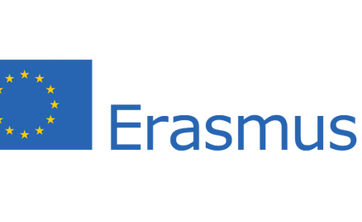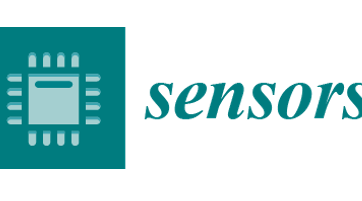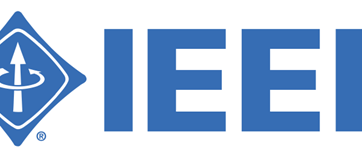News

08
Dec
System Architecture for Diagnostics and Supervision of Industrial Equipment...
08-12-2023 r.
We want to invite you to check the System Architecture for Diagnostics and Supervision of Industrial Equipment and Processes in an IoE Device Environment paper

07
Dec
AI-based Cybersecurity Training with Gamification Techniques (AICY)- new...
07-12-2023 r.
One of the members of project is Department of Complex Systems.

24
Nov
Estimation of Tool Life in the Milling Process-Testing Regression Models
24-11-2023 r.
The journal Sensors (MEiN 100 pts) has published a new article co-authored by employees of the Complex Systems Department: Andrzej Paszkiewicz, Marek Bolanowski and Mateusz Salach.

20
Nov
Quantitative and Qualitative Analysis of Agricultural Fields Based on Aerial...
20-11-2023 r.
We want to invite you to check the Quantitative and Qualitative Analysis of Agricultural Fields Based on Aerial Multispectral Images Using Neural Networks paper

10
Nov
Use of Traffic Sampling in Anomaly Detection for High-Throughput Network...
10-11-2023 r.
The IEEE database has published a paper by the title: "Use of Traffic Sampling in Anomaly Detection for High-Throughput Network Links," co-authored by our employees.

07
Nov
Use of virtual reality to facilitate engineer training in the aerospace industry
07-11-2023 r.
The journal Machine Graphics & Vision (MEiN 140 pts.) has published a new article co-authored by staff from the Department of Complex Systems: Andrzej Paszkiewicz, Mateusz Salach and Marek Bolanowski.

06
Nov
Workshop on the way from Problems to Objectives by a project Strategy (POS)
06-11-2023 r.
Department of Complex Systems with Polish Information Processing Society (PTI) invite you to take a part in on-line workshops related to Project Cycle Management.

30
Oct
New paper in 4OR journal!
30-10-2023 r.
The journal 4OR - A Quarterly Journal of Operations Research (Springer Nature, 70pkt MEiN, IF: 2.0) has published a new paper co-authored by Department staff members.



